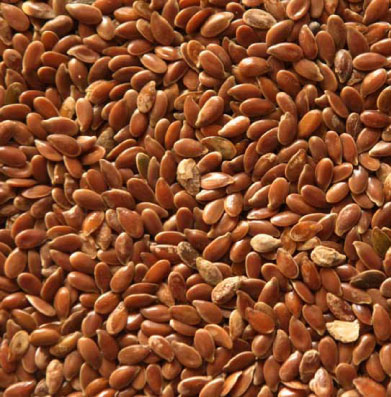by Sharon Quercioli
8 Appetite-Suppressing Foods
Most everyone wants to lose weight. If you’re like most people, conquering your appetite is one of the biggest challenges you face in your fitness and weight loss journey. As soon as the word “diet” crosses your lips, you may find yourself craving all the junk you know you’re not supposed to eat. The secret is eating the right foods to help calm the cravings for the wrong ones. Adding these eight easy-to-find, tasty foods to your meal plan can help you rein in your appetite before it gets out of control!
- Oatmeal. This hot cereal is high in fiber and low on the glycemic index, which means it fills you up and takes a long time to digest. Research has shown that diets high in slow-burning carbohydrates like oatmeal suppress the hunger hormone grehlin more effectively than diets high in fat. In fact, when you eat oatmeal for breakfast, you may find that your appetite is lower at lunchtime. Steel-cut or rolled oats digest more slowly than the “instant” variety do, so it’s worth taking a few extra minutes in the morning to prepare your breakfast the old-fashioned way.
- Apples. Not only are apples nutritious, but what sets them apart from other fruits is pectin, a soluble fiber that helps regulate blood sugar, keeps you full and sustains your energy. One medium apple with skin contains 4 grams of fiber, which is more than you’d get in an average slice of whole wheat bread. Add an apple and some cinnamon to your morning oatmeal for an appetite-suppressing breakfast.
- Pine nuts. These edible pine-tree seeds contain more protein than any other nut or seed, and their oil stimulates two appetite-suppressing hormones (cholecystokinin [CCK] and glucagon-like peptide-1) that tell your brain you’re not hungry. Blend pine nuts with basil, garlic and a little olive oil to make pesto or sprinkle them on your salad or oatmeal for a delicious, nutty crunch.
- Salad. The fiber in typical salad vegetables like lettuce, cabbage, spinach, celery, cucumbers, broccoli and peppers is very filling and helps slow the release of glucose into your bloodstream. Studies have shown that when people start a meal with a small salad, they eat significantly fewer calories in the meal itself. Just watch out for the high-fat dressings (or worse, fat-free dressings that are high in sugar). Try having the dressing on the side and dipping your fork into it for easy portion control, or simply adding a dash of balsamic vinegar or a squeeze of lemon juice for a tasty, super-low-calorie option. Bonus tip: Try to eat a vegetable at every meal to keep your appetite at bay all day long.
- Olive oil and other unsaturated fats. Researchers at the University of California at Irvine found that unsaturated fat causes the intestines to release a compound (oleoylethanolamide) that has been shown to reduce appetite and stimulate weight loss. Some great unsaturated fat choices include avocados, olives and olive oil, almonds, salmon, walnuts, pumpkin seeds, macadamia nuts and sesame seeds. These foods are high in calories, so enjoy them in moderation while regulating your appetite.
- Flaxseeds. Flax is one of the best plant sources of omega-3 fatty acids. The seeds are also very high in protein and fiber, making them excellent for appetite control. Sprinkle ground flax seeds over oatmeal, salads or yogurt, or add them to smoothies to help stabilize your blood sugar and turn off the hunger hormones.
- Beans. The fiber in beans increases CCK, a digestive hormone that’s a natural appetite suppressant. A research study at the University of California at Davis found that men who ate a high-fiber meal containing beans had CCK levels that were two times higher than when they ate a low-fiber meal. Beans also keep your blood sugar steady, which helps stave off hunger.
- Spicy foods. Capsaicin, the ingredient that gives peppers their heat, can also help control your raging appetite. A recent study published in Clinical Nutrition suggests that capsaicin-rich foods may help you consume fewer calories, plus they help support weight loss by suppressing your appetite and making you feel fuller. You can add hot pepper sauce to tomato juice, stir-fry some Anaheim or Serrano peppers with other vegetables, or cook up some jalapeño or poblano peppers in your omelet. Other spicy ingredients may have similar effects, so try adding spices like hot mustard and curry to your salads and meats.





